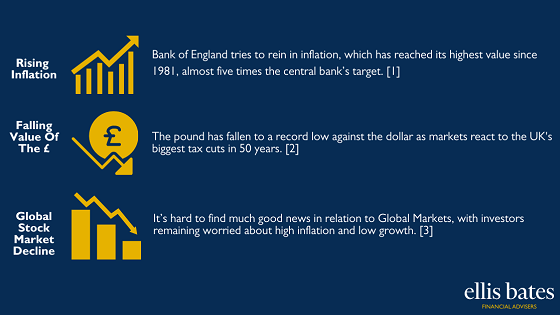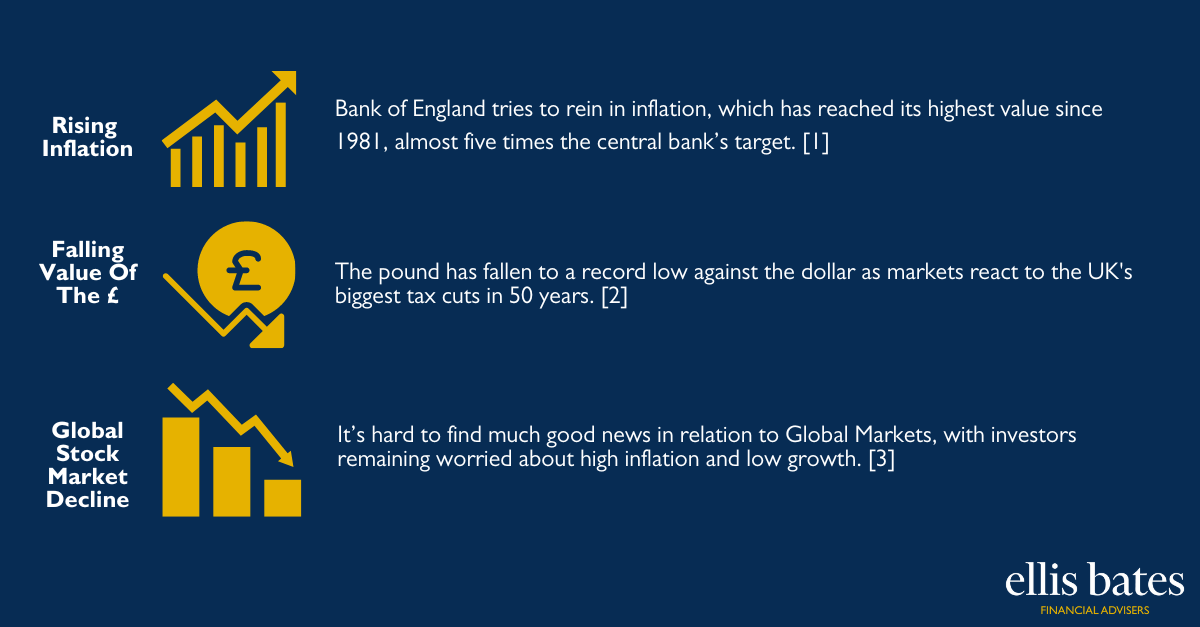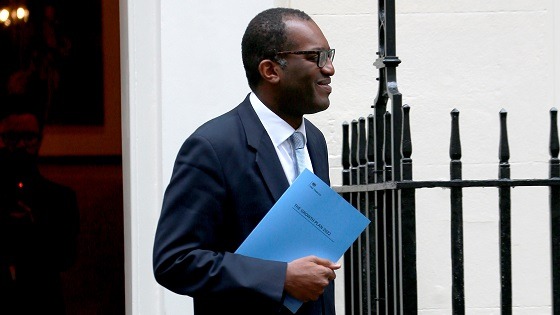Types of ISA
https://www.ellisbates.com/wp-content/themes/osmosis/images/empty/thumbnail.jpg 150 150 Jess Easby Jess Easby https://secure.gravatar.com/avatar/70f816837c455030814d46a740cfc12d89893aaf8cbf8c8f8f59387d7b30ac08?s=96&d=mm&r=gIn this session we talk about Individual Savings Accounts (ISAs) and how they encourage saving and investing in a tax efficient way.







 Why now is the time to make sure you protect your wealth.
Why now is the time to make sure you protect your wealth.



 Putting aside money for your future and getting it to work for you! Whatever stage of life you’ve reached and whatever plans you may have for the future, you want your money to earn the best return possible without taking undue risk. That’s why it’s important to invest in a way that’s right for you and that will meet your goals.
Putting aside money for your future and getting it to work for you! Whatever stage of life you’ve reached and whatever plans you may have for the future, you want your money to earn the best return possible without taking undue risk. That’s why it’s important to invest in a way that’s right for you and that will meet your goals.